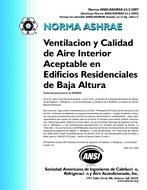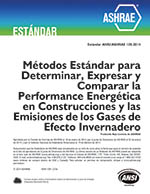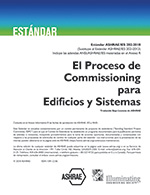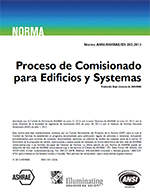Description
Humans are subjected to uncompensable heat stress in several applications while wearing protective clothing. Safety must be guaranteed in such cases but is often not possible, primarily due to the problem of monitoring body temperatures reliably. Modeling thermal strain responses using computational techniques would help better understand the issues involved and suggest solutions. However, predicting heat strain for the individual is challenging due to variations in individual characteristics. Starting with a review of past heat strain models, this paper proposes a systematic approach to determine correction factors based on individual characteristics to adjust the tolerance time predictions of an “average†computational model of heat strain. An average model was found to be inadequate to reliably predict the heat tolerance time for a specific individual undergoing uncompensable heat stress, but performed well when corrected for the effect of differences in individual characteristics. A hybrid model is proposed that incorporates an average prediction and a framework for correction factors based on individual differences.
Units: Dual
Citation: ASHRAE Transactions, Vol. 113, pt 1, Dallas 2007
Product Details
- Published:
- 2007
- Number of Pages:
- 12
- File Size:
- 1 file , 170 KB
- Product Code(s):
- D-DA-07-064




